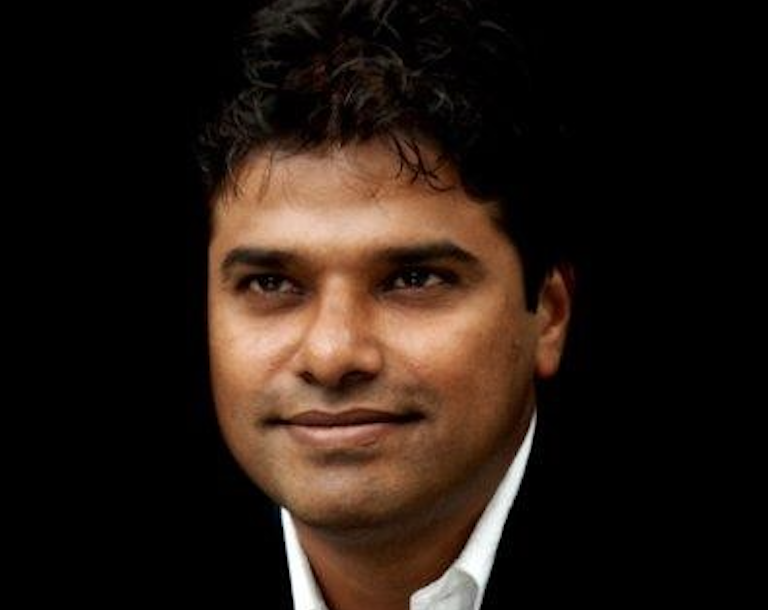As I approach my mid-forties, I look around to see my friends and colleagues in the same age group struggling to come to terms with a simple realization – that most of them have peaked at their professional careers and their ambitions of rising to the top of their organization are nonexistent. Going by Peter’s Principle, most of them have risen to their “level of incompetence”. Mid-life crisis is real, and it is mostly about boredom. Whether you are bored with your job, or bored because of the empty nest syndrome, mid-life can be depressing. And to think you have the second half of your life ahead of you!
With the shift from an industrial to a knowledge economy, and dramatic improvements in medical care, we face a complex yet ironical problem – we are going to retire early while we live longer! The big challenge is: how are we going to manage the second half of our lives? Being financially independent is crucial, for if we are not, we will face the rude shock of living the second half with a lower quality of life. Here are the most important ways to handle the second half:
1. Be open to a second career, start in parallel: I started my Foundation before I was 40, while I was still working as an executive in my day job. Today my Foundation work is what keeps me inspired and motivated to wake up every day, although my day job pays the bills and equally inspires me to perform at my best. Most entrepreneurs I know began to work in their second enterprise before they reached their peak in the first enterprise.
2. Pursue a hobby, start early: What is that gives you sheer pleasure and absolute delight? For me it is reading / collecting books and writing my columns. While it does not give me any income, it does keep me intellectually challenged and helps me perform my day job better. It is important to develop a second major interest (other than work) and to develop it early. We all will encounter setbacks and disappointments in our primary career – it could be because of domestic issues, corporate politics or an unexpected tragedy. Having a hobby can help you overcome difficult moments in life. Your hobby can be what makes all the difference.
3. Give back. Volunteer, contribute to society: Here is an interesting insight. If you have not volunteered before you turn 40, the chances that you would, after 60, are very small. Therefore, start early. Begin before it is too late. I have met many people who regretted not having started volunteering when they had the health and time to give back in a meaningful manner. Volunteering can take many forms – it could be for the apartment complex you live in or the church or temple you visit or a local NGO that supports the underprivileged. Find time for small acts of giving back to the community you live in (beyond writing a check).
4. Save for a rainy day. Live simple: I remember a simple lesson my parents taught me. Whatever money you earn, spend one-third on yourself, share one-third with others and keep one-third for a rainy day. And that lesson still holds good. We live in a world where we spend more than we earn. We live in a period of great uncertainty and saving enough to have a runway during an emergency will give you peace of mind. Living a simple and minimalist life is a profound idea.
5. Make health a priority: Health is the most underrated and overlooked aspect in our lives. A mid-life crisis often shows up with deteriorating health. We take notice only when we see our loved ones (family or friends) getting affected by poor health. Only good health guarantees a good second half of your life. Eating healthy and working out regularly becomes central to a sensible lifestyle.
In the world we live today, knowledge workers are going to outlive organizations and the secret to a good life is best summed up by Peter Drucker: “I see more and more people who make it to their mid-forties or beyond, and they’ve been very successful. They’ve done very well in their work and career, but in my experience, they end up in one of three groups. One group will retire; they usually don’t live very long. The second group keeps on doing what they’ve been doing, but they’re losing their enthusiasm, feeling less alive. The third group keeps doing what they’ve been doing, but they’re looking for ways to make a contribution. They feel they’ve been given a lot and they’re looking for a chance to give back. They’re not satisfied with just writing checks; they want to be involved, to help other people in a more positive way.”
And they’re the ones, Drucker said, who finish well.
Originally published on Forbes.
Follow us here and subscribe here for all the latest news on how you can keep Thriving.
Stay up to date or catch-up on all our podcasts with Arianna Huffington here.


